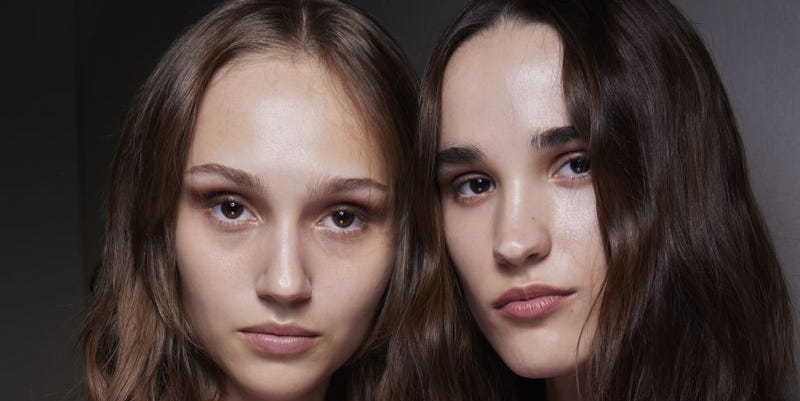The trend of “prejuvenation,” which involves pre-teens and younger adolescents adopting skincare routines and cosmetic procedures, has raised significant concern among parents, educators, and healthcare professionals. This phenomenon is a response to the pervasive influence of social media and marketing that glorifies youthful appearances and suggests that looking youthful equates to beauty and worth. Many children, influenced by platforms like Instagram and TikTok, are increasingly focused on achieving idealized beauty standards at a distressingly young age, leading to the question of whether such practices are genuinely harmless or potentially harmful to their developing minds and bodies.
Parents are often caught in a dilemma regarding prejuvenation. On one hand, they want to support their children’s self-esteem and confidence. On the other, they worry that by indulging in these practices, they are normalizing an obsession with appearance that could have long-lasting effects. It is essential to differentiate between healthy skincare habits and the shallow desire to conform to unattainable beauty ideals. Educators and mental health professionals advocate for open conversations within families about self-worth, beauty standards, and the reasons behind these skincare practices. Emphasizing inner beauty and personal value over physical appearance is crucial during this fragile developmental stage.
The early adoption of skincare products and cosmetic procedures can also impact children’s mental health. Self-image issues may arise when young people become overly focused on their looks, potentially leading to anxiety, depression, and body dysmorphic disorders. Additionally, exposure to social media can contribute to feelings of inadequacy as children compare themselves to digitally-altered images. This context creates a breeding ground for mental health struggles that can be exacerbated by peer pressure and societal expectations. Professionals urge parents to monitor their children’s media consumption and encourage critical thinking regarding the images they encounter online.
Moreover, there is a significant disparity in how prejuvenation is perceived based on gender. Girls, in particular, face immense pressure to conform to beauty standards from a young age, which can overshadow their talents and aspirations. Boys are increasingly drawn into this world as well, but the focus and societal lens are often different, leaving them with their own set of expectations. It is essential to recognize these gendered differences in socialization and to foster an environment that promotes equality in how we discuss beauty and health regardless of gender. Encouraging children to appreciate diverse forms of beauty can help mitigate the negative psychological impacts of appearance-focused culture.
On a broader level, society must consider its role in shaping these beauty ideals. Advertising, media representation, and even the fashion industry play pivotal parts in constructing a narrative that equates youth and beauty with success and happiness. As consumers, we should advocate for more inclusive marketing that celebrates all types of bodies and encourages authentic self-expression. Shifting the focus from superficial beauty to individual character and capabilities can empower both children and adults, fostering resilience and self-acceptance in a world where external appearances often dominate.
In concluding, the rise of prejuvenation among pre-teens is indicative of deeper societal issues surrounding beauty and self-worth. As adults, we must engage in proactive discussions about these trends, prioritizing our children’s mental health and self-esteem over transient beauty ideals. It is essential to create a supportive environment where young people can explore their identities without the pressure of conforming to strict beauty standards. By fostering understanding, open dialogue, and healthy habits, we can guide future generations toward a more balanced perspective on beauty and self-acceptance, ultimately reshaping the narrative from one focused solely on appearances to one that celebrates individuality and inner strength.

